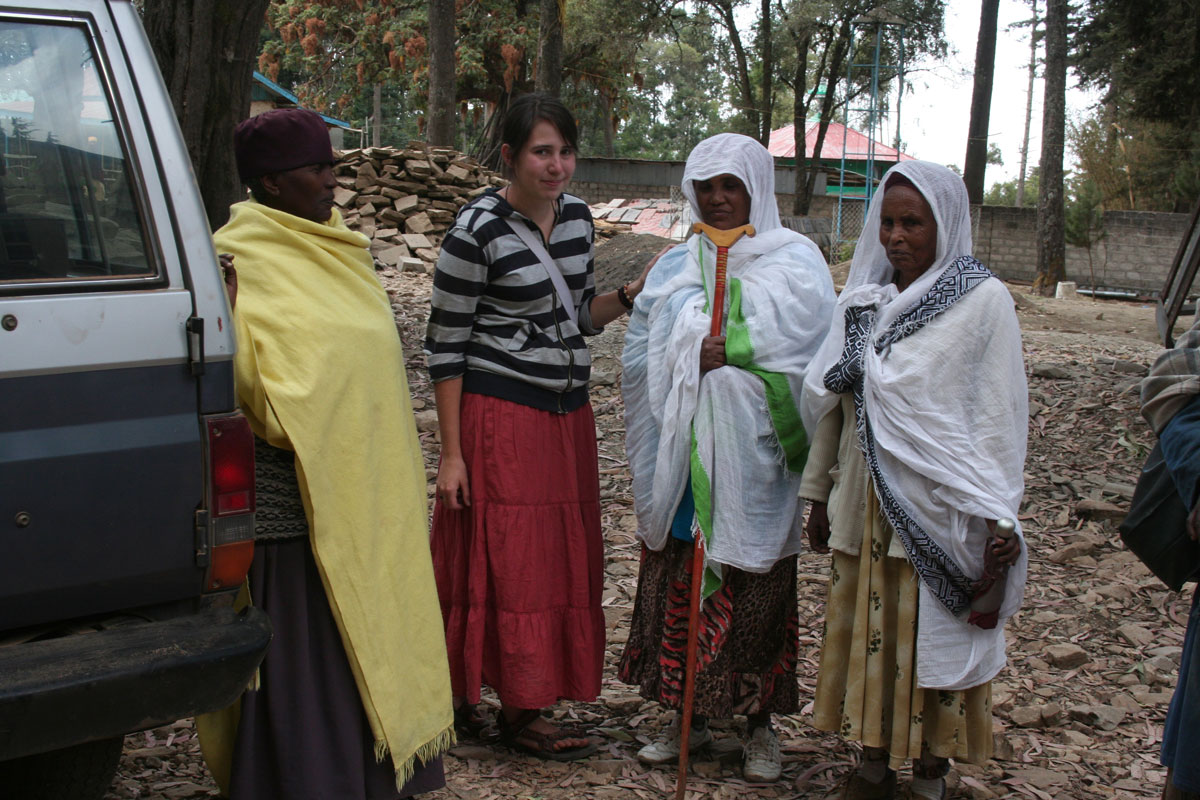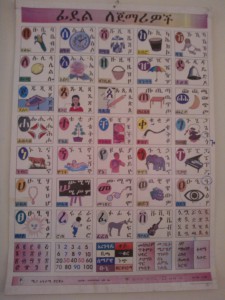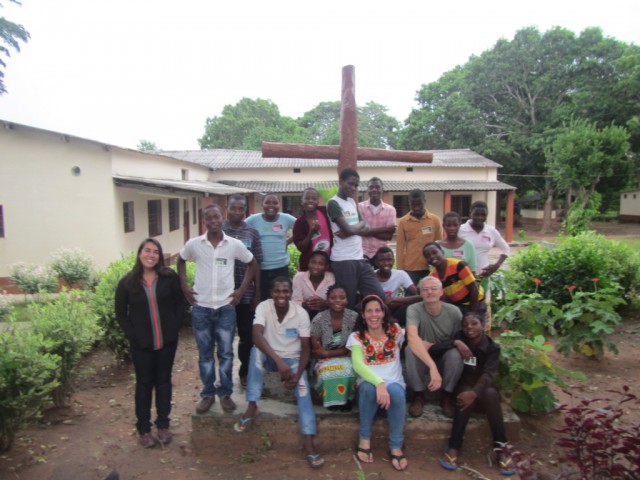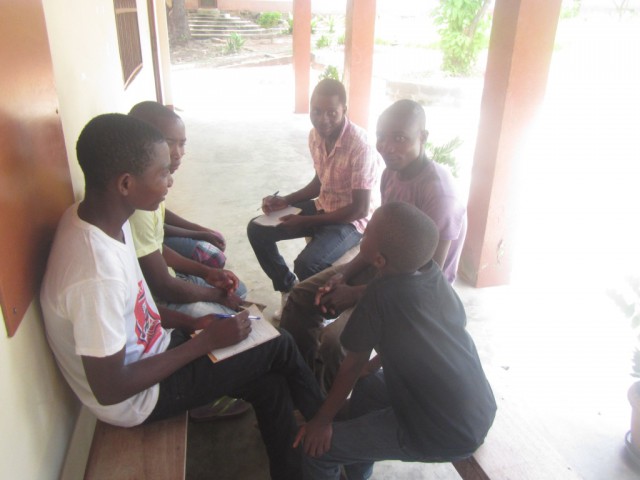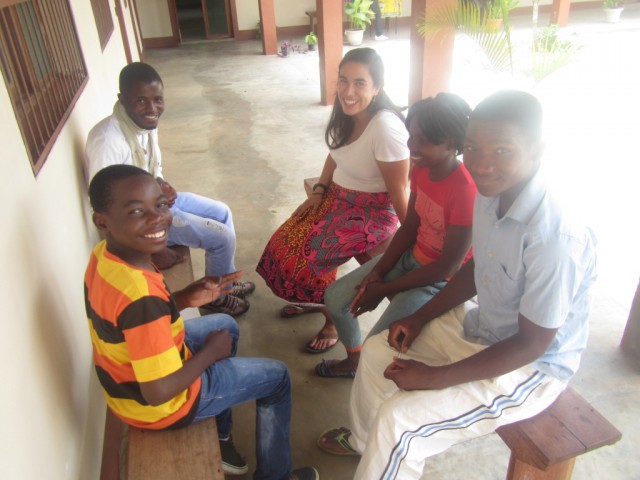A commentary on Mk 11, 1-11 and Mk 14-15. Palm Sunday, 29th Mark 2015
Today’s Liturgy offers us two readings from the Gospel of Mark: the first one, to be read before the blessing of the palms, tells us the well-known story of Jesus entering Jerusalem sitting on a young donkey (Mk 11, 1-11); the second one, during the Mass, is the reading of the “Passion” (Jesus’ last hours in Jerusalem), this time narrated in chapters 14th and 15th of Mark.
With this, we enter into the Great Week in the Christian year. In this week we celebrate, renew and make ours the extraordinary experience of our Master and Friend, our Brother and Redeemer Jesus, who with clear mind and courageous will, in spite of the anguish and pain that He was suffering as any human being, went to Jerusalem, knowing that He would have to give up his life out of an immense love for the Father and for all of us.
For us, all this week must be a time of special intensity, with more Bible reading, meditation, silence and contemplation of our Lord, noting His presence among us and in our own experiences of life and suffering, grace and sin, anguish and hope.
On my side, I reflect on these three points:
1) The King sitting on a young donkey
Some year ago I was blessed with the grace of a visit to the Holy Land and I was able to spend ten days in Jerusalem. One of those days, I walked from Betfagé to the mountain of the Olives, from which you can see the Holy City. According to Mark, Jesus did this same way, but sitting on a donkey. We may think of that almost as a folkloric scene, risking to miss its real meaning. To understand it properly, I do not find anything better than quoting a test from the book of Zechariah, to which probably refers Mark himself. Please, read and compare:
Rejoice greatly, Daughter Zion!
Shout, Daughter Jerusalem!
See, your king comes to you,
righteous and victorious,
lowly and riding on a donkey,
on a colt, the foal of a donkey.
I will take away the chariots from Ephraim
and the warhorses from Jerusalem,
and the battle bow will be broken.
He will proclaim peace to the nations.
His rule will extend from sea to sea
and from the River[bto the ends of the earth.
(Zech 9, 9-10).
Just a brief comment on my part: How much we do need nowadays, in this time full of arrogance and violence, the kingship of this humble and peaceful king, that rules, not by the force of horses and weapons, but by the consistency of his liberating truth and his unconditional love!
2) The “wasted” ointment
The Passion, narrated by Mark, begins with the story of an anonymous woman who comes to Jesus and breaks a flak containing an expensive oil and spreading that precious oil over Jesus head. Those present at the scene started grumbling and rebuking the lady for that “exaggerated and absurd” expenditure that could have had a better use. But Jesus defends her saying that she is anticipating de anointing of his dead body.
In fact, meditating on this “broken flask” of precious oil, we cannot but think of the body of Christ, totally broken and given out to us as a marvellous “perfume” of grace and sanctity, of God’s redeeming love. The “Passion” we read today talks of Jesus being betrayed by his friends, Jesus in anguish before the suffering that is awaiting Him, Jesus going trough a terrible martyrdom, Jesus abandoned on the cross… An yet Jesus that gives himself up willingly and lovingly: “Let it be, not as I wish, but as you, Father, wish”.
Jesus’ death may appear too many as an absurd “waste”; the same may happen to the lives of so many missionaries spent in risky places: Why risk our life in places torn out in wars, unhealthy situations, lack of human rights… ? The answer is at the same time simple and marvellous: Love has no limits or “reasons of convenience”; the one who loves is ready to break the flask of his love, so that it spreads the good “scent” in a world that quite often does not smell so well.
The same can be said of so many mothers and fathers, nurses and teachers, religious and lay alike that are able to give themselves up entirely for the good of children, elders, sick, and people in need in general…
Each one of us today is called to break his or her own life in favour of others, especially those in need.
To contemplate Christ on the Cross leads us to identify ourselves with him and to determine ourselves to follow on His steps, sure that love is greater than death. Some will laugh at us, but God will smile and lead us to resurrection and fulfilment.
Fr. Antonio Villarino
Roma






